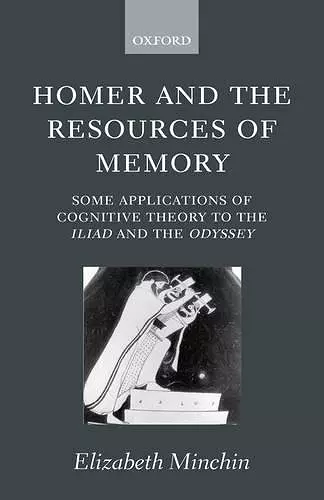Homer and the Resources of Memory
Some Applications of Cognitive Theory to the Iliad and the Odyssey
Format:Hardback
Publisher:Oxford University Press
Published:15th Feb '01
Currently unavailable, and unfortunately no date known when it will be back

How could a poet who worked in an oral tradition maintain the momentum of his song? How could a poet such as Homer weave a tale which filled an evening or, perhaps, a whole long night? The answer lies in memory, as we have known. But this bald explanation does not do justice either to the complexity of memory or to the richness of the Homeric epics. Now that so much more information has become available to us, from cognitive psychology and linguistics, about the workings of the mind, we can identify with greater precision those contributions which memory makes to the composition and performance of oral traditional song. In this study the author shows that the demands made on the poet, who relies neither on rote memory nor on written notes, have led him adopt to certain memory-based strategies which have left their traces in the text. What we discover is that the poet in an oral tradition makes intense and creative use of those resources of memory, which are available to us all - episodic memory, auditory memory, visual memory, and spatial memory - to assist him both in the preparation of his song and at the moment of performance.
... well organized and well structured ... this book is a valuable contribution to the study of the resources of memory and the ways in which memory assists an oral poet, and especially Homer, in the preparation of his song and at the moment of performance. * Mnemosyne *
Minchin does much to refresh awareness of the subtleties of Homeric ways of storytelling. * Greece & Rome *
ISBN: 9780198152576
Dimensions: 224mm x 147mm x 20mm
Weight: 428g
256 pages